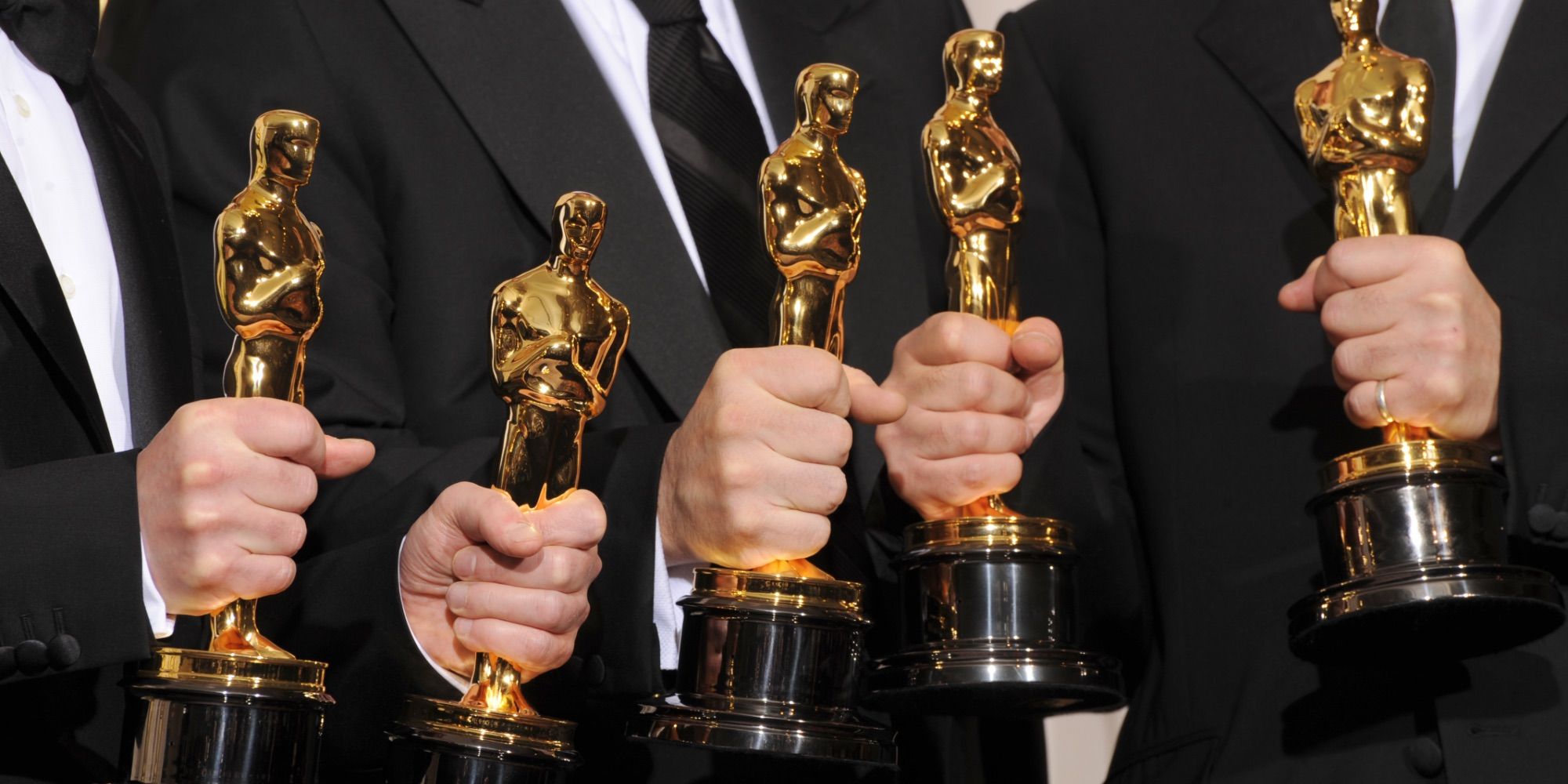The very first Oscar Awards were held on May 16 at the Hollywood Roosevelt Hotel in 1929 and honored films from July 1927 to August 1928. There were twelve separate categories and the ceremony was probably at least two hours shorter than the elongated, grand gala that we have grown accustomed to today. The first Oscar for Best Picture went to Wings. The top directing honor went to Lewis Milestone for his work on the film, Two Arabian Nights. Emil Jannings and Janet Gaynor took home Best Actor and Actress recognition, respectively. Every year since, the entertainment industry rolls out the red carpet and welcomes that year's best and brightest in their specific category in recognition for doing the most outstanding job in their field. So, we were curious to find out how the Oscars originated and why did they feel the need to have an award ceremony in the first place.
Louis B. Mayer Started the Oscars to Stop Actors From Unionizing
We wish there was a more glamorous and alluring Tinseltown version as to the reason that the industry's top award started being handed out, but the real motivation is a far more practical and business-related one. In 1927, Metro Goldwyn Mayer executive Louis B. Mayer was doing his damnedest to keep actors from unionizing. It really is that simple. The story is that when Mayer attempted to have some members of the industry (later known as the International Alliance of Theatrical Stage Employees) build his private home for him in Santa Monica, California, he found out that they had in fact, already unionized. The well-known executive put two and two together and realized that if the set piece labor in Hollywood was unionized, then the prized actors and actresses might be inclined to do the same. That was bad news for Mayer, as it would have resulted in the performers getting a cut of revenue from their movies, and it would come straight out of his and other studio head's pockets.
Fearful of losing out on the profits, Mayer decided that he would create The Academy of Motion Pictures Arts and Sciences in order to be a sort of go-between or mediator to hash out any disputes that might arise between the studios and the people within the industry that had yet to form a union. It was a very scrupulous move by Mayer and one that would save him a fortune in profits. And it was called an "academy" because it sounded much more intelligent and sophisticated while also serving as an internal public relations arm of the industry. Greedy brilliance, right? So instead of giving his employees things like cuts from film, health insurance, and other benefits, he created what we now know and celebrate every March called The Academy Awards. This year will mark the 95th edition.
The Academy Awards Were All About Appearances
Mayer and some other producers got together and decided to up the ante a bit by throwing a banquet where they would hand out accolades to the top performers in the field. It wasn't because he admired them or thought they should be recognized for their outstanding work so much as he didn't want it to appear like the awards were little more than a trade show and a reason for industry insiders and elites to throw back a few bourbons and slap each other on the back. Instead, it was decided that an elaborate ceremony would take place so that Hollywood stars and directors could get all dressed up, have a nice dinner, possibly give a speech, and be admired by their peers and fans throughout the United States. It was more or less a way to appease all the people in Hollywood in some superficial way that wouldn't affect any of the studio's bottom lines. It was purely a business decision.
Why Are They Called "the Oscars"?
It is also interesting to note that the first two ceremonies didn't have actual Oscar statues, and the winners were notified three months before the banquet. We suppose that almost 100 years ago, it was necessary to have some serious advanced notice so train travel accommodations and reservations could be made. But three months? Were these things being delivered by carrier pigeons back in the day? And as to how they came up with the name "Oscar"? There are still several theories floating around about the statue being named after something said by Margaret Herrick, who was the librarian for the Academy at the time. She apparently uttered something to the effect of, "It looks like my Uncle Oscar." Others say the statue is the likeness of several prominent actors, actresses, or other luminaries of the era. There isn't a universally accepted anecdote attributed to the naming of the statue. And much to the dismay of Mayer, the actors union would eventually form later in the '30s as the industry was hit hard by The Great Depression, and there was a much smaller pie to be shared.


